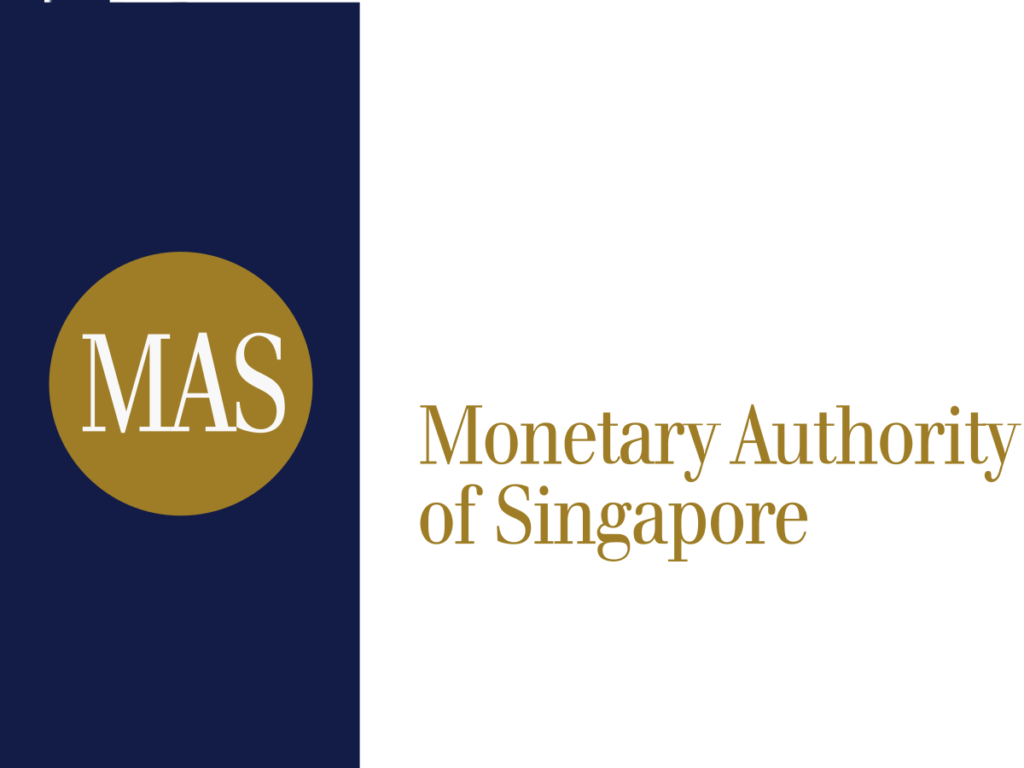The Monetary Authority of Singapore (MAS), Singapore’s central bank and financial regulatory body, has published new guidelines for digital payment token (DPT) service providers, including a deadline for placing client assets in statutory trusts.
The danger of asset loss or misuse will be reduced by these rules. In the event of the insolvency of a DPT service provider, they will also make it easier to recover the assets of the clients. Additionally, MAS would forbid DPT service providers from enabling their retail consumers to lend and stake DPT tokens.
Following a public consultation in October 2022 on regulatory measures to improve investor protection and market integrity in DPT services, these regulations are already in place. Numerous responses showed a lot of interest in the consultation. Almost everyone supported DPT service providers’ efforts to:
- separate and hold in trust the assets of its clients;
- protect the cash of the clients;
- carry out daily asset reconciliation for customers and maintain accurate books and records;
- maintain operating and access controls on customers’ DPTs in Singapore;
- guaranty operational separation between the custody function and other business units;
- the risks associated with having their assets handled by the DPT service provider should be made known to clients.
MAS is seeking public feedback on proposed Payment Services Regulations legislative changes to achieve these goals. Additionally, guidelines will be released by Singapore’s financial regulatory body to help the sector apply them consistently.
Limiting the lending and staking of DPTs owned by retail consumers
The proposal to prevent DPT service providers from assisting loan or staking of the DPTs of their retail customers will move forward, according to MAS. This is due to the fact that these activities are typically inappropriate for the general population. DPT service providers may continue to assist their institutional and accredited investors in such operations.
On this idea, different points of view were expressed. Some participants recommended enabling DPT service providers to provide these services with the approval of the retail client and risk disclosures. Others, meanwhile, called for a ban on these speculative and high-risk enterprises. The MAS will keep track on market developments and changes in consumer risk awareness in response. It will keep taking actions to make sure that its policies are still balanced and appropriate.
Keeping the market honest
The extensive regulatory approach to market integrity was consulted by MAS during the open consultation held in October 2022. Respondents concurred with the MAS’s assessments at the time regarding ethical business practices. Some even believed that MAS could enact more regulations to address dangers to market integrity, stop abuse, and stop unfair trading activities.
A separate consultation paper that MAS released nine months after the initial consultation proposes measures for DPT service providers to counter unfair behavior. Additionally, it will outline legislative guidelines and the kinds of wrongdoing that constitute offenses.
In order to secure their possessions, consumers must do their share
Despite the addition of new standards, consumers cannot be fully protected against losses by legislation alone. especially in light of the speculative and incredibly high risk nature of DPT trading. Although the segregation and custody rules will reduce the danger of losing customers’ assets, in the event of the service providers’ failure, consumers may still experience considerable delays in getting their assets back.
Consumers must exercise caution and avoid doing business with unregulated organizations. These people are based abroad, where they run the risk of losing everything.
Promoting new technologies
In response to the new rules, Mahin Gupta, the creator of Liminal, a Singapore-based wallet infrastructure and custody solutions platform, said: “We are pleased to see MAS take significant efforts to safeguard consumer assets to encourage a healthy crypto economy.
Liminal educates people about the risks of possessing digital assets without private keys. We believe that MAS’s excellent decision will encourage digital asset usage by dramatically lowering risk, eliminating user fund theft, and guaranteeing full asset recovery in the event of a misfortune.
“The decision is not surprising to industry players. The public consultation on this topic started in October of last year. The robust policy implies that MAS has considered the industry’s ambitions and exhibited the highest level of consumer protection, which will serve as a benchmark for other markets and regions.
“However, we would like to comprehend the trust’s proposed structure from MAS. We advise safeguarding digital assets with an independent, regulated, and compliant custodian because of their independence.
“MAS’s action enhances Singapore’s reputation as a proponent of emerging technologies, creating a favorable climate for cryptocurrency and blockchain services. It will draw international businesses to Singapore’s clear digital asset policy. This is a positive start toward compliant, regulated, and transparent crypto in Southeast Asia.












